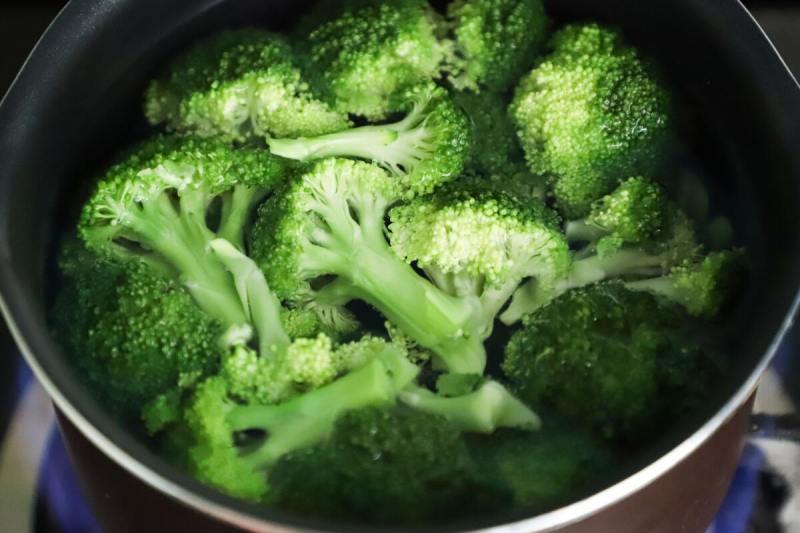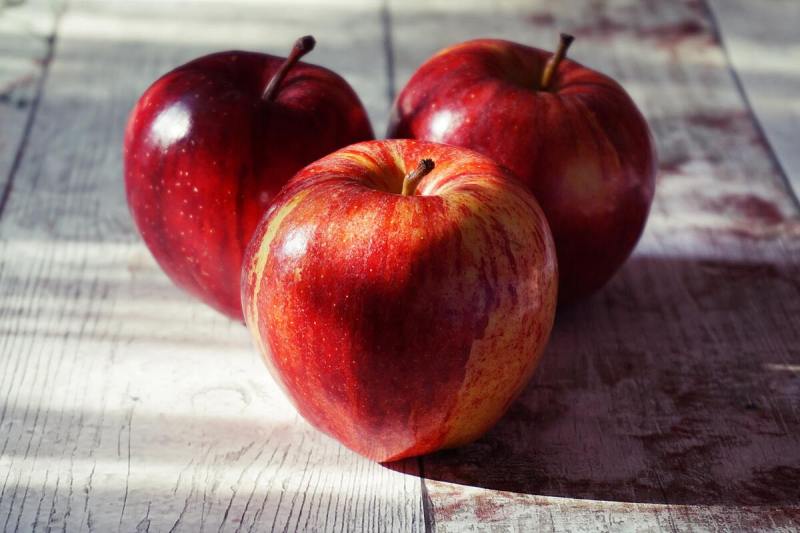Maintaining good gut health helps you avoid multiple health issues, from chronic illnesses to stress-related problems. Making your digestion and healthy gut a priority may also optimize your well-being and reduce the chances of unwanted disease.
You may not be familiar with the ins and outs of your gut and how it functions. That’s why we’re here to help. What is your gut? It’s the gastrointestinal tract and millions of living microscopic entities within it called gut flora or gut microbiome.
Here are five essential rules for how to improve gut health, according to experts, to help maintain healthy levels of bacteria and keep your gut functioning at optimal health.

Eat more plants
A plant-based diet means you’re getting polyphenols and their inflammation-fighting protection. Regularly include foods like seeds and whole vegetables and even treats like dark chocolate.
It’ll help reduce chronic inflammation and boost immunity and heart health while allowing your cardiovascular system to pump blood to every area of your body more effectively.
According to Kim Kulp, RDN, Gut Health Expert and owner of the Gut Health Connection, “The healthiest guts appear to have the greatest diversity of microbes. Including more fruits, vegetables, nuts, seeds, whole grains, and legumes in the diet allows each microbe to enjoy its favorites while providing us with compounds that can reduce inflammation and protect the lining of our intestines.”

Limit processed and sugary foods
Processed food high in salt and simple sugars allow unhealthy bacteria to grow and thrive. This pushes out healthy bacteria and disturbs microbiome balance. Staying away from too many desserts, ready-made meals, and other heavily processed food products is generally a good rule when learning how to heal your gut.
Isaac Robertson, the co-founder of Total Shape, believes that maintaining good gut health is crucial for overall well-being. “Processed and sugary foods can disrupt the balance of good bacteria in the gut, leading to inflammation and other health problems. It’s important to limit the intake of processed and sugary foods and opt for whole, nutrient-dense foods instead.”

Maintain a diet high in fiber
Including a high amount of fiber in your diet helps you maintain healthy bowel movements and lower blood glucose levels and cholesterol while aiding in overall weight loss. This includes gut-healthy foods like dark, green leafy veggies, flax seeds, and whole fruits.
Yelena Wheeler MPH, RDN, a Registered Dietitian Nutritionist, recommends 21-25 grams of fiber per day for women and 30-38 grams for men. “Fiber is beneficial for gut health since it keeps the stool soft and can prevent incidences of diverticulitis,” she says. “Fiber also balances the PH within the gut.”

Exercise regularly
A regular exercise routine contributes to healthy weight maintenance, good heart health, and more. A 2014 study found that athletes had more variety of gut flora than nonathletes.
Dr. Samrat V. Jankar says, “Regular exercise is important for the maintenance of a healthy gut as it helps improve digestion and absorption of nutrients. Additionally, physical activity can help reduce stress levels which in turn can support better digestive health. Aim for at least 30 minutes of moderate-intensity activity every day, such as running or cycling, to keep your gut functioning well.

Consume probiotic-rich foods
Eating fermented foods such as yogurt, kefir, homemade kimchi, and kombucha helps to support healthy gut organisms. “Consume probiotic-rich foods,” says Steven Mccarthy, the founder of musclebustle.com. “Probiotics are live microorganisms that provide health benefits when consumed. Sauerkraut, yogurt, and other fermented foods are excellent sources of probiotics.”



